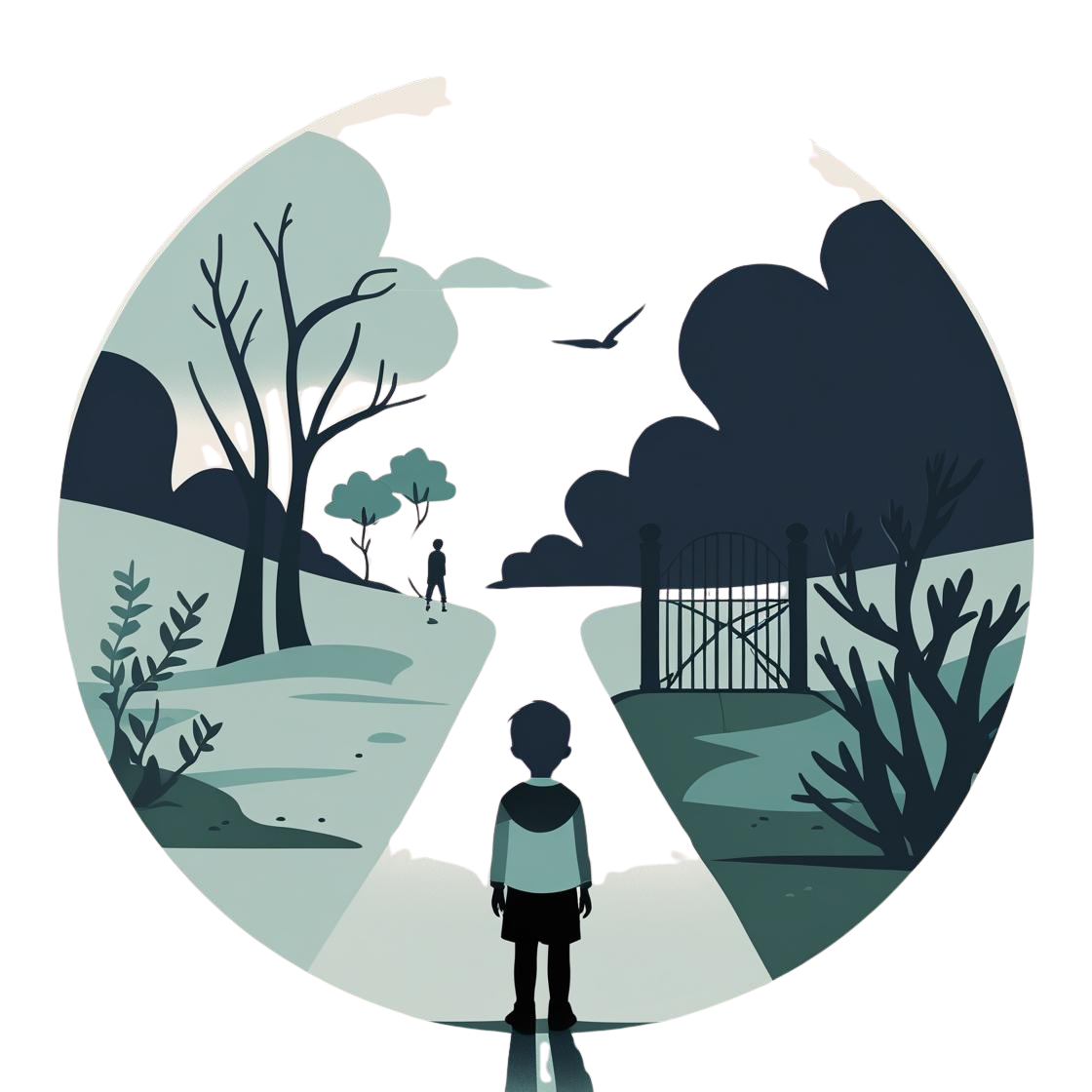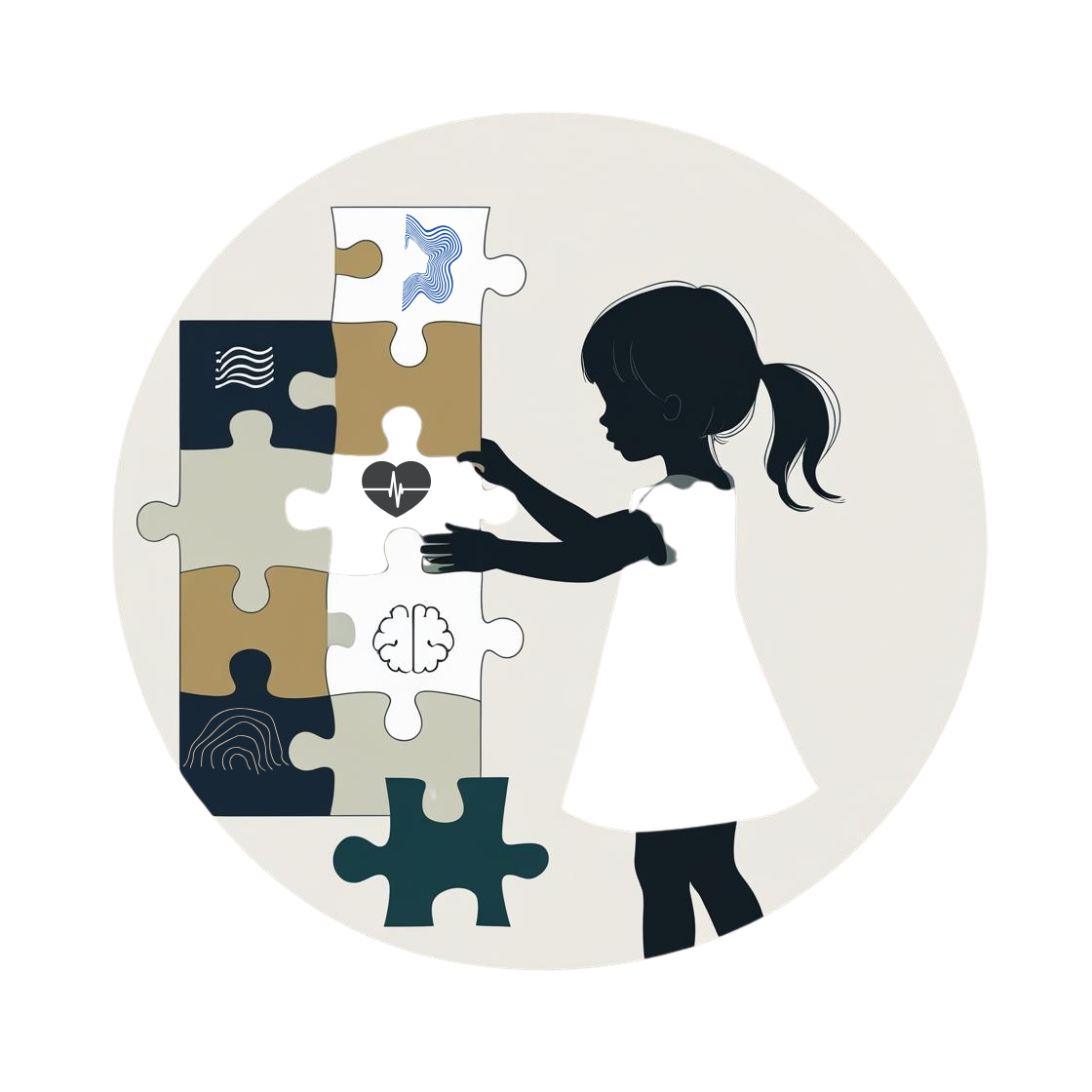Research
Children growing up in poverty are often portrayed in terms of risk and deficit. My research asks a different question: How do children develop in ways that help them adapt to the demands of their environments? I study how early experiences shape self-regulation and cognitive development, revealing both struggles and strength in context. By shifting the lens from what children are presumed to lack to how they adapt, my work offers a more balanced foundation for both science and policy (see DeJoseph, Ellwood-Lowe et al., 2024 Developmental Cognitive Neuroscience).

Understanding what experiences matter and for whom
Childhood poverty is not experienced the same way for every child. My work shows that families facing economic hardship vary widely in what they experience and how those experiences are reported and interpreted. I’ve demonstrated that commonly used measures of adversity often mask strengths and misrepresent the lived realities of racially and socioeconomically diverse families. By uncovering biases in these tools, and by centering families’ own voices through open-ended, video-based qualitative methods, this research informs more equitable and accurate ways to capture children’s environments—and ultimately, to support them better.
Blakey, E., Hendry, A., Outhwaite, L.A., Braithwaite, E.K., Reyes, G., Hernandez, I.A., Ellwood-Lowe, M.E, & DeJoseph, M.L.** (under review). Improving How We Measure Child Socioeconomic Circumstances: A More Holistic and Contextual Approach. Child Development Perspectives. [link]
DeJoseph, M.L., Herzberg, M.P., Sifre, R.D., Berry, D., & Thomas, K.M. (2022). Measurement matters: An individual differences examination of family socioeconomic factors, latent dimensions of children’s experiences, and resting state functional brain connectivity in the ABCD sample. Developmental Cognitive Neuroscience, 53, 101043. [link]
DeJoseph, M.L., Sifre, R.D., Raver, C.C., Blair, C.B. and Berry, D. (2021). Capturing Environmental Dimensions of Adversity and Resources in the Context of Poverty Across Infancy Through Early Adolescence: A Moderated Nonlinear Factor Model. Child Development, 1-19. [link]

Developmental timing and environmental unpredictability
Children’s experiences shift over time. I’ve developed and applied innovative methods to capture these patterns, examining not just how much hardship children experience and when, but how that hardship unfolds across development. My work shows that unpredictability in economic hardship—especially frequent or abrupt fluctuations—can shape children’s regulatory skills in distinct ways. These findings point to the importance of reducing economic volatility in families’ lives.
DeJoseph, M.L., Walasek, N., Liu, S., Young, E.S., Raikes, A., Waldman, M., Frankenhuis, W.E., & Fisher, P. (2025). Hidden dynamics of economic hardship: Characterizing economic unpredictability and its role on self-regulation in early childhood. Development and Psychopathology. [link]
Stallworthy, I.C, DeJoseph, M.L., Padrutt, E., Greifer, N., & Berry, D. (under review). Strengthening Causal Inference for Questions on Developmental Timing: A Tutorial Introduction to the devMSMs Package in R. Child Development. [link]

Adaptive self-regulation in context
Children draw on different self-regulation strategies depending on the demands of their environments. I’ve shown that children from lower-income backgrounds often prioritize speed over inhibition, a potentially adaptive trade-off in unpredictable settings. My work also identifies distinct self-regulation profiles that reflect strategic configurations of emotional and cognitive skills, shaped by children’s specific experiences. By examining behavior, cognition, and physiology, this research shows how children adapt their regulatory strategies in ways that reflect both challenge and strength.
DeJoseph, M.L., Strouse, E.S., Omar, J., & Obradović, J. (under review; abstract accepted for special issue). Patterns of strengths and trade-offs in preschoolers’ self-regulation skills across contexts of adversity. Developmental Psychology. [link]
DeJoseph, M.L., Thomas, K.M., Frankenhuis, W.E., & Berry, D. (under review; abstract accepted for special issue). Learning in context: Socioemotional stimuli enhance cognitive learning processes but not psychophysiological engagement in early adolescence. Developmental Science. [link]
DeJoseph, M.L., Merculief, A., Sulik, M.J., & Obradović, J. (2025). Understanding learning variability in early childhood: An equity-centered assessment of cognitive regulation among diverse preschool children. Early Education and Development. [link]
DeJoseph, M.L., Leneman, K.L., Palmer, A.P., Padrutt, E., Mayo., O., & Berry, D. (2023). Adrenocortical and autonomic cross-system regulation in youth: A meta-analysis. Psychoneuroendocrinology, 06416. [link]